Workshops
FURNITURE MAKERS
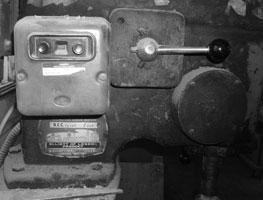
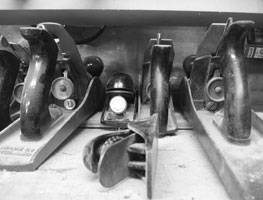
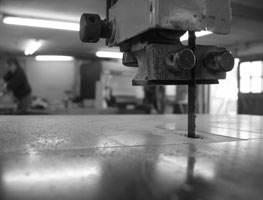
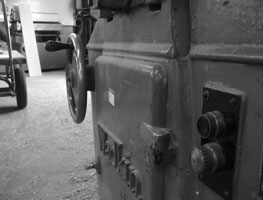
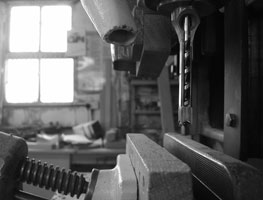


Workshops
Our workshops at Milton Common, Oxfordshire, were originally built to house Italian prisoners of war during World War II, hence the name The Camp Industrial Estate. While home comforts have not much improved since then, we are now well equipped with the machinery required to produce good quality timber furniture affordably. However, at Bates and Lambourne our emphasis has always been more on the skills of the individual maker rather than the use of excessive technology.
There are many processes in getting a project from first ideas to final piece. Once the design has been agreed, which in some cases may require development and prototypes, the cutting list is worked out, with workshop drawings being done where necessary. Materials are selected from our timber stores, or acquired if not in stock. This is then sawn into component form, and where necessary stored for a further period in the workshops to acclimatise. The wood then goes through its initial machining, being planed and dimensioned before jointing takes place. Further work will be undertaken at the bench to refine the components before assembly. Some parts may require turnings to be patterned and manufactured, or production jigs to be made. After assembly and cleaning up, the work will be inspected prior to polishing. Once polished, other elements such as glazing, lighting or upholstery will be fitted as appropriate. After final checks the work is ready for delivery to the customer.
Generally, for cabinet work, one maker will produce a piece from the sawn board right through to being ready for polishing. Chair work is somewhat different due to the complicated nature of many components, and the larger numbers involved. Where we are working to a standard style parts may be made in batches to be assembled as required.
Workshop photos courtesy of Amy Gallagher, Michael St. Maur Shiel, Graham Barclay



















